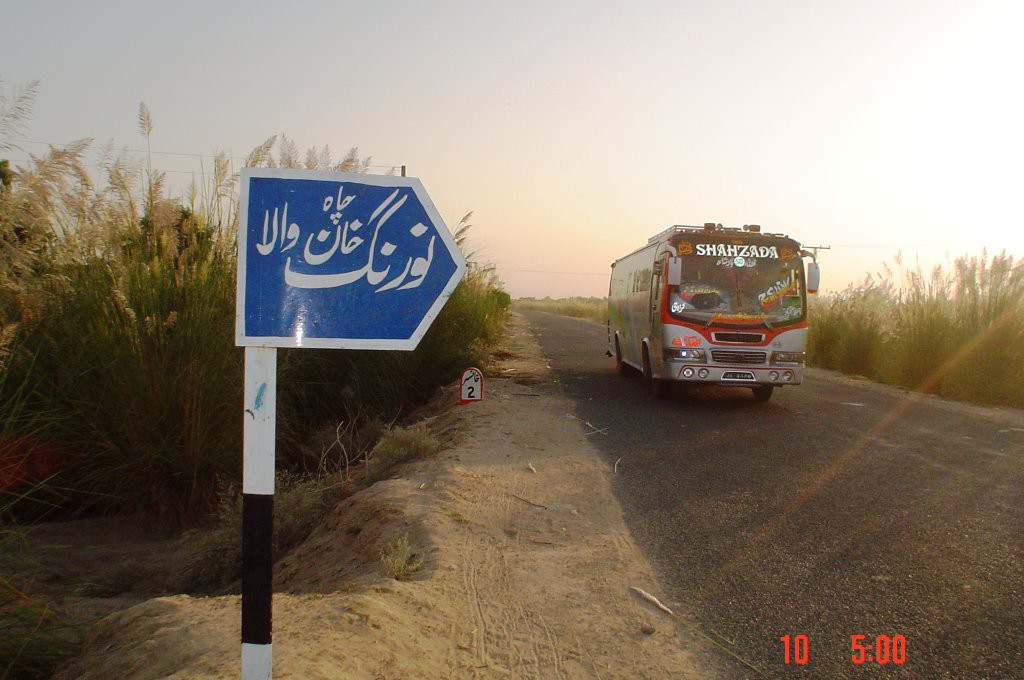Prime Minister of Pakistan, Mr. Nawaz Sharif has launched National Health Program this Monday as he announced the distribution of 76000 health cards in Baluchistan, one of the most remote and least developed province of Pakistan where most people lack good medical facilities by government or private institutions. In the first round of the program, the health cards will be distributed in Quetta, Loralai, Kech and Lasbela.
He termed as the health program being revolutionary, with this project being a milestone of a journey ahead aimed at bringing quality health services to the underprivileged. He added that using these health cards, the poor can access any private hospital to get treated free of any charge. No longer would anyone need to sell their valuables and property or take loans to get healthcare services.
The PM vowed to oversee the National Health Program himself saying that it’s the state’s duty to provide such services to the public and it’s the people’s basic right to have access to good health facilities.
We think it’s a good move even though a very tiny one at showing that the government is committed to the welfare of the general public. However in the not too distant past, the life insurance benefit of up to 1 Lac Rupees per person on the Smart National Identity Card was halted as people reported not being able to get compensations against their claims.
In another turn of events, Securities Exchange Commission of Pakistan (SECP) has also given the green light to a new micro-insurance product under the relevant rules. Named “First Sehat Tahaffuz Plan” under which hospitalization will be provided to low income beneficiaries of any micro-finance institution. Most low-income citizens face a number of hazardous events like sickness, accident, disability due to accident, deaths or natural disasters such as earthquake, fire and flood etc. All such hazards come with negative effects leading to a decline in income due to death or disability or a rise in medical expense or both. People with less income are more vulnerable to these hazards, as they are exposed to a higher number of risks because of their more hazardous living and working conditions. Micro-insurance can play a major role in providing financial protection against losses by ensuring financial shock absorbency of low-income households to both predictable and unpredictable risk events and to maintain general well-being. With the introduction of new micro-insurance products in the market, it is envisaged that the acceptance of insurance in the masses would increase by the day while carrying a positive impact on the insurance penetration and insurance density levels in Pakistan.



